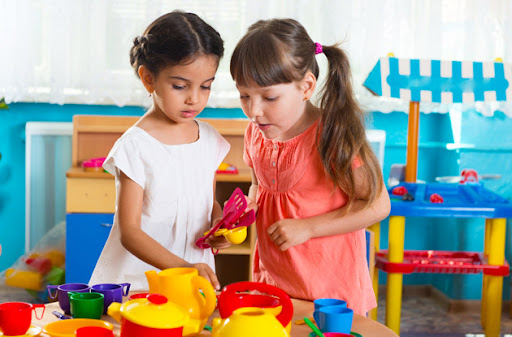As parents, it is natural to want the best for our children. We work hard to create a safe and loving home environment in which our children can grow, learn, and thrive. One of the most important things we can do for our children is to support their social-emotional development. Doing so can help prepare them for success in school, relationships, and life. Let’s explore how you can do just that as a parent.
Encourage Emotional Expression
It is important to allow your child to express their emotions in a healthy way. Children need to know that it is okay to feel angry, sad, frustrated, or scared sometimes and that these feelings are normal and valid. Encourage your child to talk about their feelings rather than bottling them up inside or acting out inappropriately. You may also want to reinforce appropriate emotional expression and self regulation by modeling behavior such as speaking calmly when angry or taking deep breaths when scared or frustrated.
Provide Opportunities for Play
Play is an important part of social-emotional growth and development. It helps children learn how to interact with others and express themselves through creative activities like drawing or playing pretend games. Encourage your child’s playtime by providing opportunities for them to interact with peers in an unstructured setting, such as a playground or park where they can use their imaginations freely. If possible, take part in playtime yourself—you may be amazed at how much fun you have!
Be Responsive & Consistent
Children respond well when they feel secure and supported at home. To provide this sense of security, it is important that you be consistent with the rules or limits you set for your child while still allowing them some autonomy within those boundaries (i.e., give choices when you can). It’s also important to validate your child’s feelings – ensuring they feel heard and understood. When this happens, your child is able to work with you to apply calming strategies and gain the skills to regulate themselves.
Supporting your child’s social-emotional development starts at home by creating a safe and nurturing environment in which they can learn how to express themselves effectively while still following family rules and expectations. As parents, we must be responsive yet consistent; encouraging emotional expression; providing opportunities for play; and validating our children’s feelings with understanding so that they feel secure enough to explore the world around them while developing healthy relationships along the way – our social development services support this skill!




